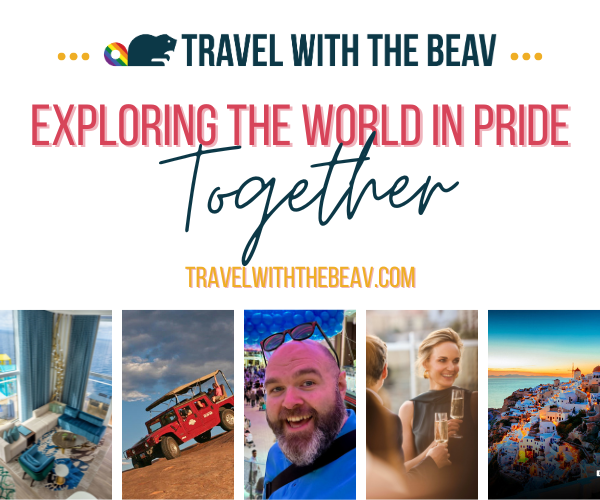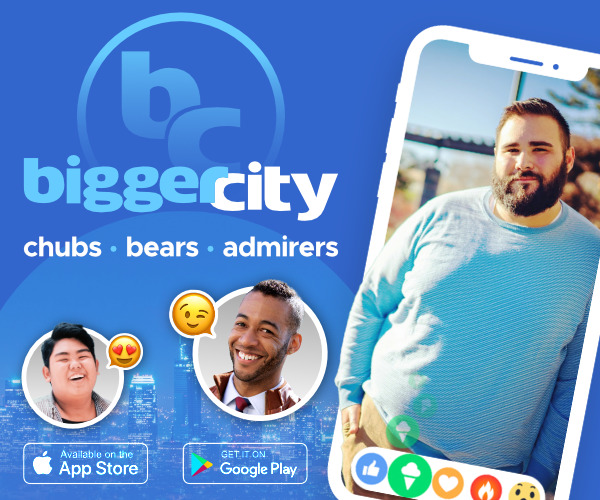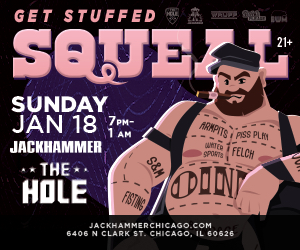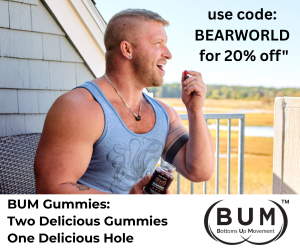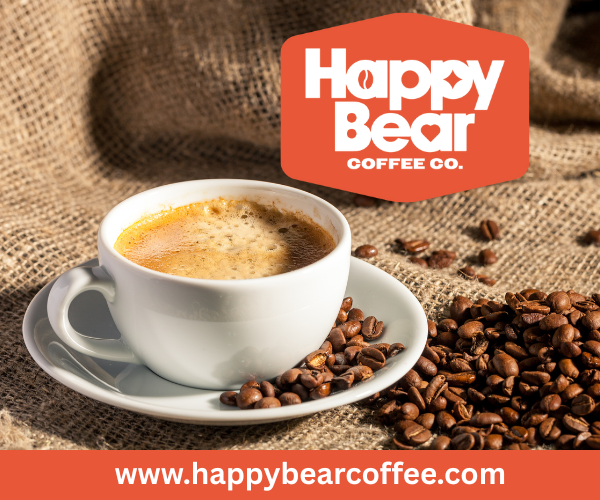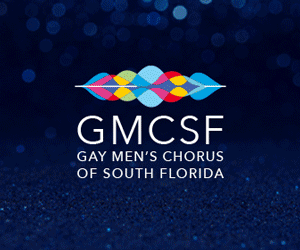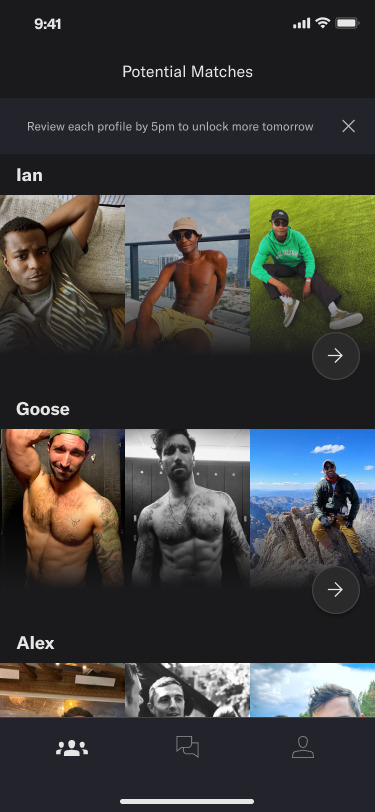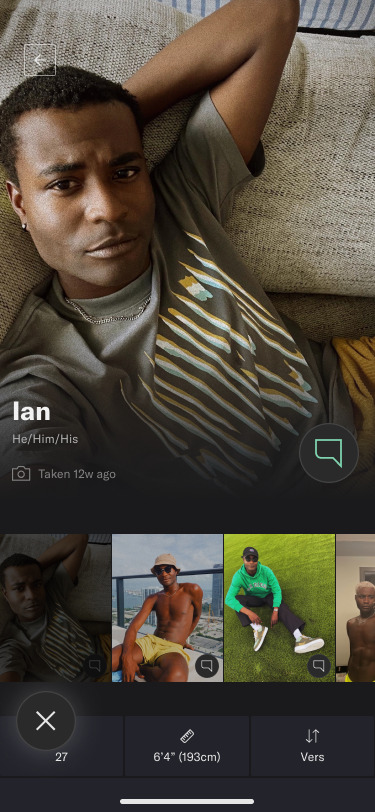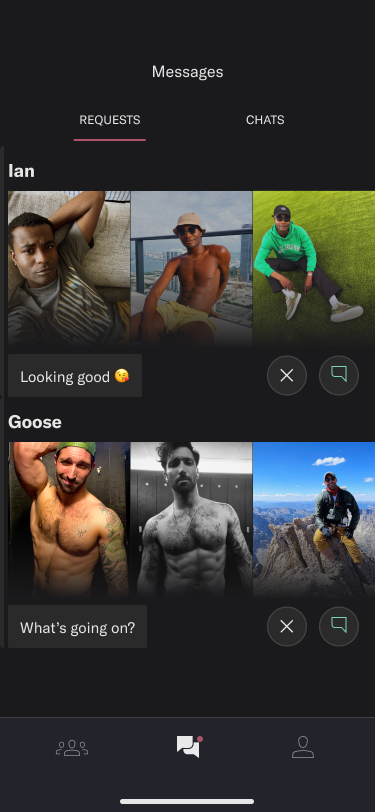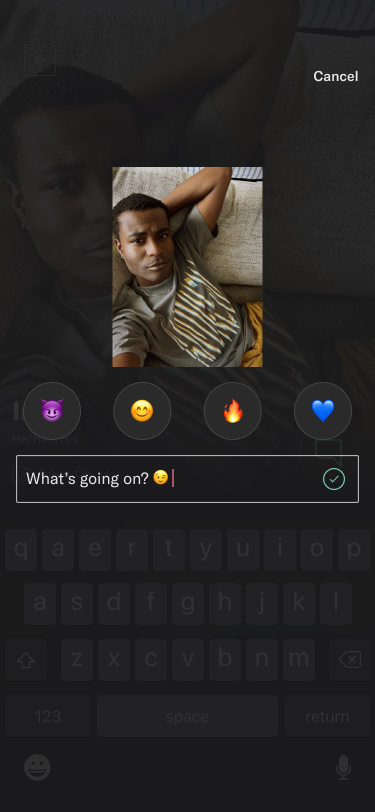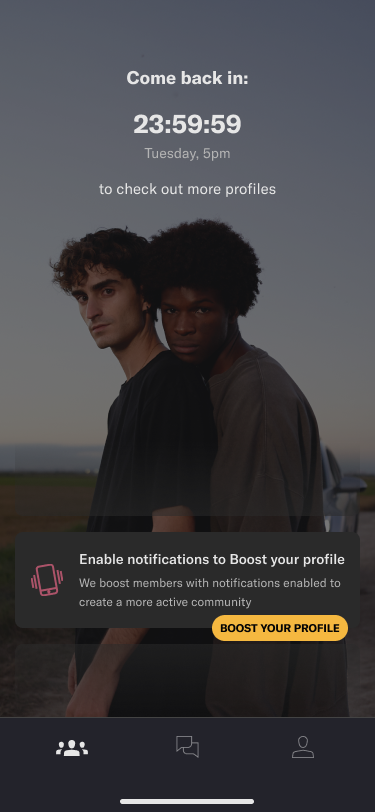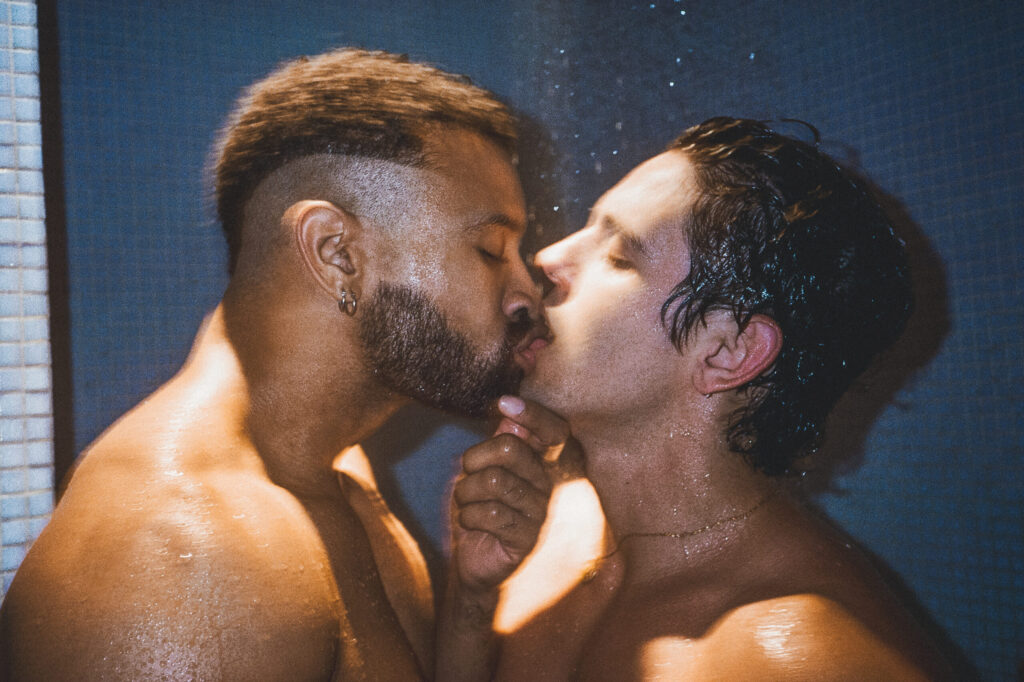
Motto, from the creator of Grindr, aims to revolutionize gay dating
Joel Simkhai, the innovator that brought us Grindr, is debuting a brand-new dating app called Motto.
Its no secret that Grindr completely revolutionized gay male culture. On its inception in 2009, the geosocial smart phone app was intended to link similar minded gay males for friendship. However, we gays are nothing if not enterprising and quickly recognized the potential to use the app as a hook up tool. No longer were trips to the clubs and bars necessary for a little hanky panky. Grindr and the slew of imitators that would follow it enabled us to see who was nearby via the app and strike up a conversation to determine interest and compatibility. It took all the guesswork and fear of rejection out of the equation. We were now able to scroll to our heart’s content until we found the perfect match to scratch that certain itch.
Whether or not this was the best thing for the gay community is up for debate with many decrying the loss of queer bar space as a result of no one getting off their phones to interact in person. Also, the internet is rife with scammers, bots and of course catfishing. Grindr, being a piece of software has not been able to determine real human users from bots and an app cannot control whether or not someone is lying or using fake profile pictures.
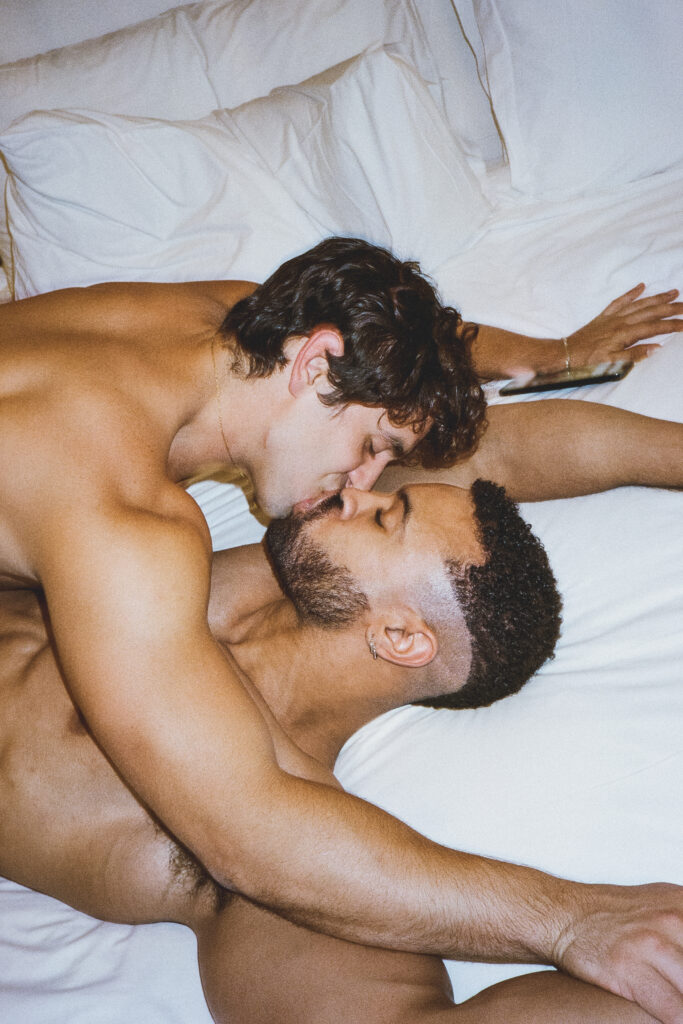
Enter Motto, developed by Joel Simkhai, the man who invented Grindr, along with Motto co-founder Alex Hostetler. Motto is a new sex-positive matchmaking app for gay and queer hookups and casual dating. It focuses on finding you the right people, not just the closest – on the quality of interactions, not the quantity. It also employs a vetting process to ensure people are who they say they are and that everyone will finally have a face pic!
Motto is Simkhai’s first venture since leaving Grindr five years ago after it was sold to international investors. The app is currently live in New York City and Miami with a view to expand across the US and globally.
We had the opportunity to sit down with Joel Simkhai and Alex Hostetler to find out more about this unique new dating app and its potential to change gay dating yet again.
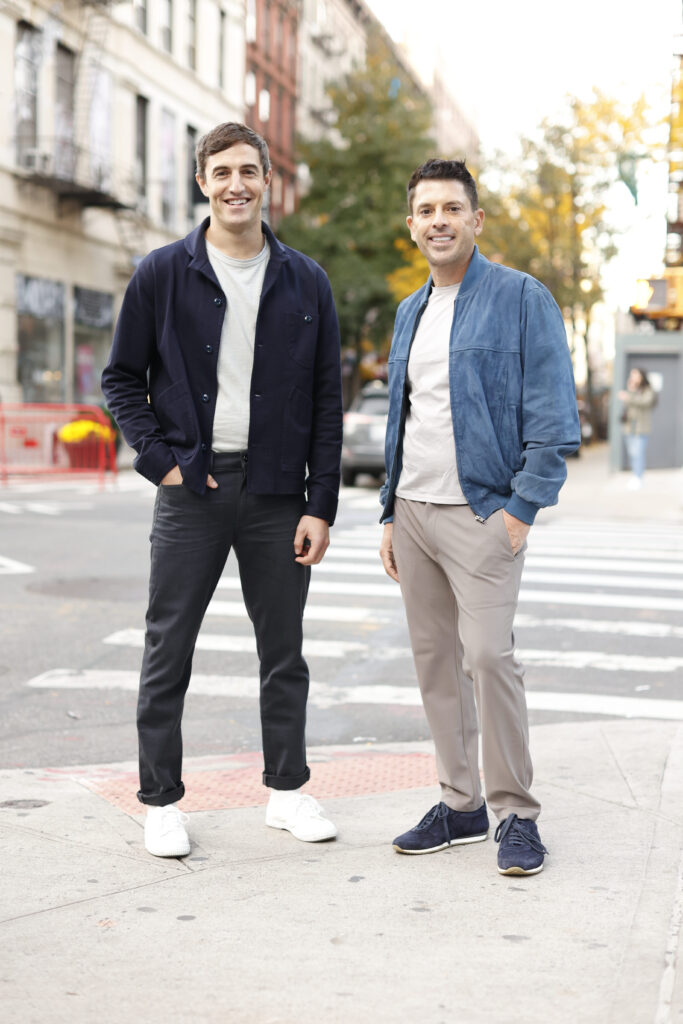
John Hernandez: Grindr revolutionized queer culture and the way queer men date. How will Motto perpetuate that shift?
Joel Simkhai: Grindr definitely revolutionized queer culture, but I’ll be the first to admit, it also brought about unintended consequences. We are building Motto to address many of the pain points plaguing current app users in the following ways:
By focusing on quality and curation- We are a free membership-based app, and the only hookup or gay app with an approval process. Every single profile and photo goes through a review process, which means we have a curated network unlike any other app. Headless torsos, catfish, bots, and scams might work for other apps, but we’re eliminating them.
Motto will also save users time and energy. Instead of endlessly scrolling through thousands of profiles, you review a batch of 5-10 curated profiles each day. Just message who you’re interested in, then chat and meetup – no more endless scrolling. Every profile is required to have three verified face photos and other important info, so you don’t have to ask for it.
And finally, the app will create a space for people to be clear about their intentions and curiosities. Whether you are looking for hookups, dates, groups, or want to explore a kink, we’ve made space for that.
JH: Can you tell us a bit about the development process? What sorts of experts were consulted while creating the app?
Alex Hostetler: The whole process has taken about two years. It was very research driven and iterative. Early on we focused on existential questions like:
“Is there a need or opportunity for a different app? Why? How do we know?”
“What do people think of when they think of hookup culture? How do they feel about that? What problems exist in it?
“How does the queer community think about hookups vs dating? And what kind of app are we?”
More tactically, we looked at the existing apps and talked to their users to identify the problems.
Once we had our set of problems and opportunities, we crafted a strategy we thought would be differentiated relative to other apps in the space. From there, we came up with a few concepts and tested the ideas with people who would likely use the app. Some of the feedback was really good, and some was really meh. When it was meh, we tried to figure out why, and come up with a new idea.
We had a fully functional app by February, so we launched it in Miami to get some real data. Then we did a complete redesign between Miami and New York.
Most of our intel came directly from queer men and trans people across backgrounds throughout the country. We interviewed hundreds of people and surveyed thousands. Initially our primary target audience is gay men, but the app is for all queer people. We’ll keep building out features and products adapted to each community. We launched a beta in Miami in the Spring and once it was live, we just talked to people using it and looked at some numbers to figure out what was working and what wasn’t.
It’s a consumer app, and each individual is the expert in their own behavior. We’ve also worked with dozens of professionals across fields, depending on what kind of questions we were trying to answer throughout the process. Our consultants range from user experience researchers, product designers, DEI consultants, marketers, product people, engineers, brand strategists, copywriters, and graphic designers.
We’re really grateful for the people and research from Building Healthier Online Communities (BHOC) who have provided some really valuable insight and guidance, especially related to mental health, sexual health, diversity and inclusion.
JH: I’ve read that the original intent for Grindr was to link people with similar interests, did it upset you that users proposed it for something entirely different?
Joel Simkhai: The original intent of Grindr was to help queer people meet other nearby queer people. At the end of the day, I wanted to provide access for the gay community in a time when it wasn’t available to us. Grindr did that and then grew and grew, taking on a life of its own. Grindr matured into what the community needed and that’s enough for me. With Motto we’re trying to solve some of the problems that arise from Grindr and similar apps.
JH: What would you say to those who say technology has hindered old fashioned dating and compromised person to person connection?
Joel Simkhai: They aren’t wrong! Online dating has exploded in recent years and has led to a massive shift in behavior. People have been quick to rely on online dating platforms as a replacement for in person meetups. Some of these platforms are great, but you can never truly replicate an in-person meeting. That’s why we designed Motto – it’s built for our users to get on, find what they are looking for, and get off as quickly as possible, making more room for in-person meetups.
JH: What do you hope users will gain from using Motto?
Alex Hostetler: My hope is that people will think about hooking up, sex, and casual dating in a different way, or at least consider it. Other apps are good if you’re just looking for someone close, right now. But the process can be a bit impersonal and repetitive.
In many ways, hookup culture over past 10 years has become synonymous with immediate, transactional sex. There’s nothing wrong with that. But it’s just one flavor. Our community is very diverse in its approach to hookups and casual dating. We created Motto to give people with different values another option. I personally am someone who develops sexual attraction based on vibe in addition to physicality. Both are important. And I think a lot of people are like that.
There’s this stark contrast in perception of hookups vs dating. People use one app for one thing, and another app for the other. But, I don’t think any app is adequately meeting the queer community where it is. Most single gay people will say they want a relationship, but want to hookup in the process. I guess it makes sense why they’d split their app usage accordingly. But I think compartmentalizing sex as a specifically non-intimate or impersonal thing can create unintended consequences for how people relate to each other sexually and romantically.
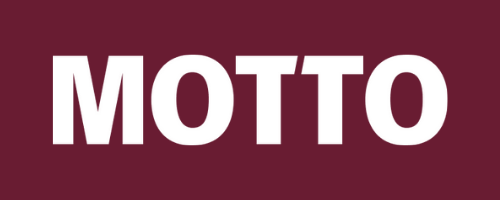
You can download Motto in the Apple App Store and the Google Play Store to join the waitlist for your city. To stay updated on the latest information go to findmotto.com.
This article was originally published on our sister site, Queer Forty.

